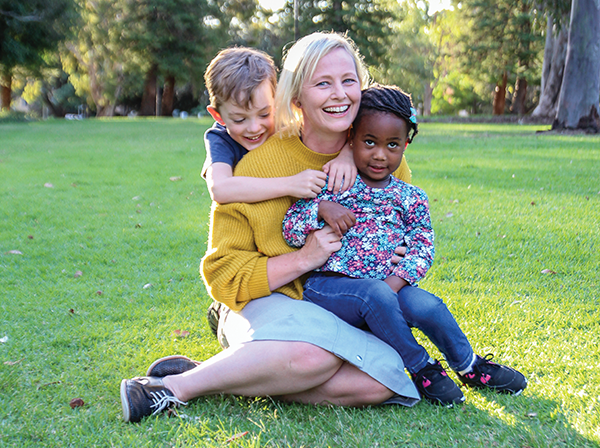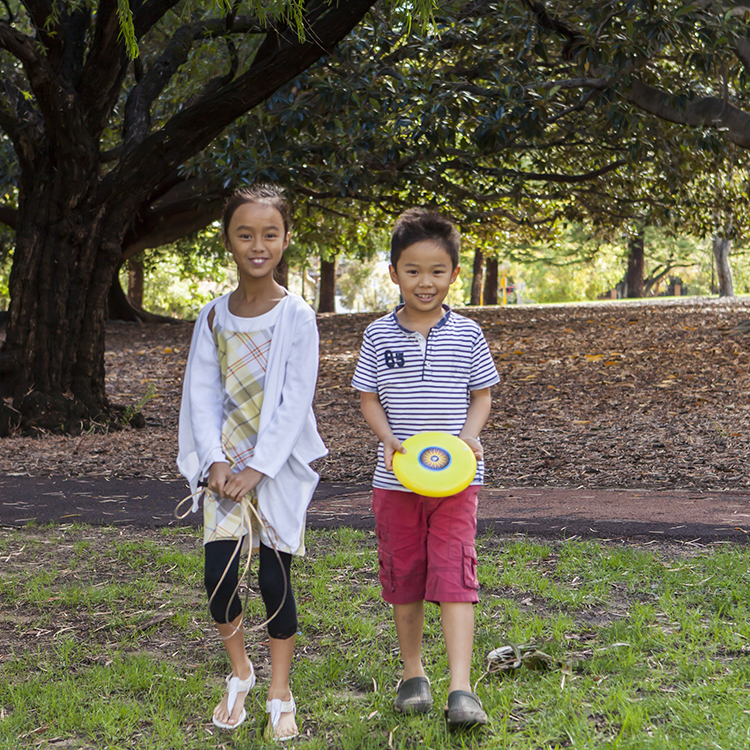Search
Showing results for "Au"
Research
Sex-specific white matter alterations in children exposed to high pregestational BMIThis study investigated whether exposure to high pregestational BMI (≥ 25 kg/m2) is associated with alterations in white matter microstructure in early childhood, explored sex-specific effects, and examined associations with cognitive performance.
Research
Anti-metabolite chemotherapy increases LAG-3 expressing tumor-infiltrating lymphocytes which can be targeted by combination immune checkpoint blockadeAntibodies that target immune checkpoints such as cytotoxic T lymphocyte antigen 4, programmed cell death protein/ligand 1 are approved for treatment of multiple cancer types.
Research
Understanding variations in the built environment over time to inform longitudinal studies of young children's physical activity behaviour - The BEACHES projectWe know relatively little about the role the neighbourhood built environment plays in promoting young children's physical activity, particularly its longitudinal effect either through repeated exposure to the same environment or through change in exposure by moving from one neighbourhood to another.

News & Events
Shot in the arm for Strep A vaccine bidThe Leducq Foundation has bolstered an Australian-led bid to develop a Strep A vaccine, committing USD4.3 million to fund critical scientific work.

The Foundations of Lung Disease Team is focused on improving the diagnosis, treatment, and lifelong care of childhood lung disease.
Research
Investigating associations between birth order and autism diagnostic phenotypesBirth order effects have been linked to variability in intelligence, educational attainment and sexual orientation. First- and later-born children have been linked to an increased likelihood of an Autism Spectrum Disorder (ASD) diagnosis, with a smaller body of evidence implicating decreases in cognitive functioning with increased birth order.

The Healing Kids, Healing Families team strives to understand how trauma and adverse circumstances can impact a child and their family, and how we can help them to recover from these experiences.

Our Child Health Analytics Team uses cutting-edge technologies to better understand how and why the health and wellbeing of children varies from place to place. We develop innovative geospatial methods that can harness large, complex datasets to pinpoint hotspots of elevated risk, evaluate change through time, and explore underlying drivers.
Research
Autism and Attention-Deficit/Hyperactivity Disorder Content in Highly Viewed TikTok VideosSocial media allows users to connect with others’ experiences and points of view, with TikTok being the fastest-growing platform worldwide. Highly viewed videos related to neurodiversity on TikTok have an increasing role in understanding and acceptance of neurodivergent individuals.
Research
The course and prognostic capability of motor difficulties in infants showing early signs of autismDelays within the motor domain are often overlooked as an early surveillance marker for autism. The present study evaluated motor difficulties and its potential as an early predictive marker for later autism likelihood in a cohort of infants showing early behavioral signs of autism aged 9-14 months. The motor domain was evaluated using the motor subscales of the Mullen Scales of Early Learning at baseline, and at a 6-month follow-up.
